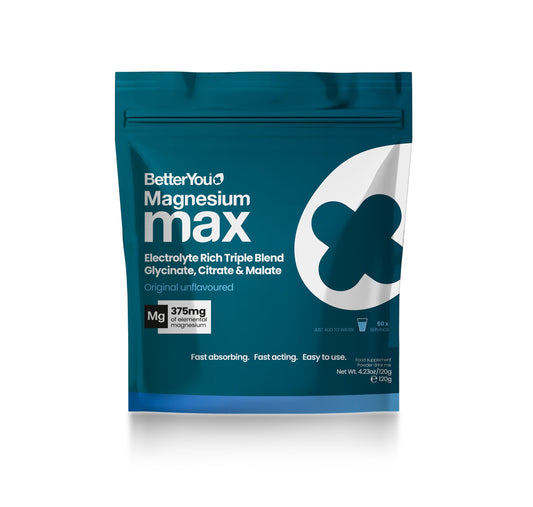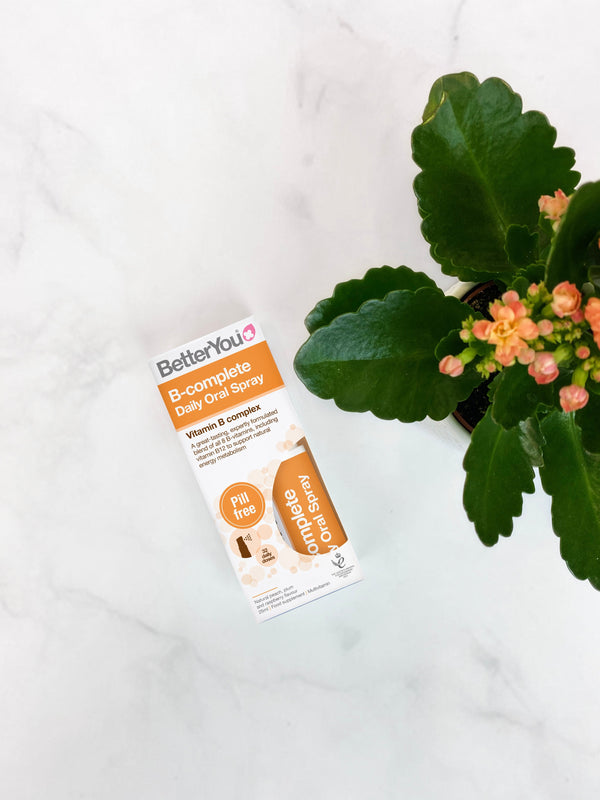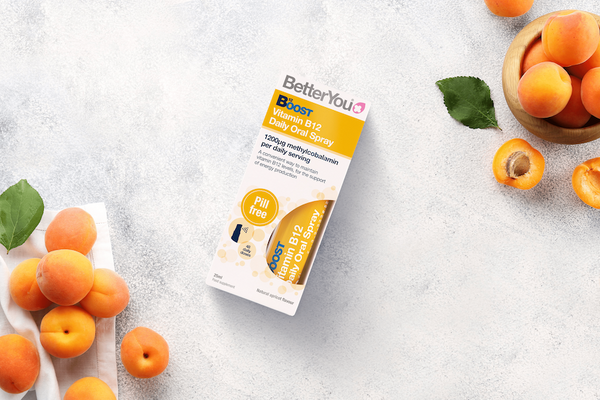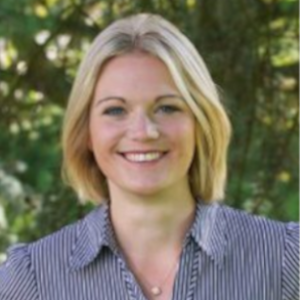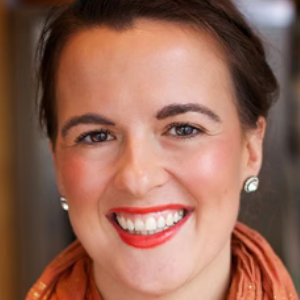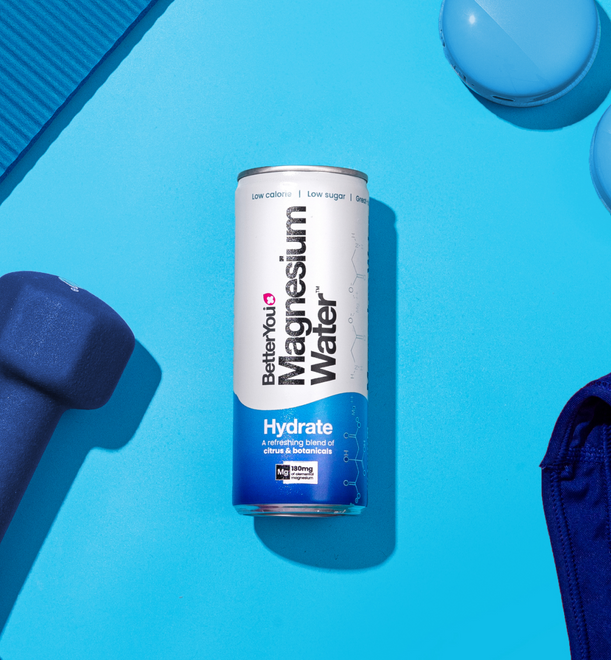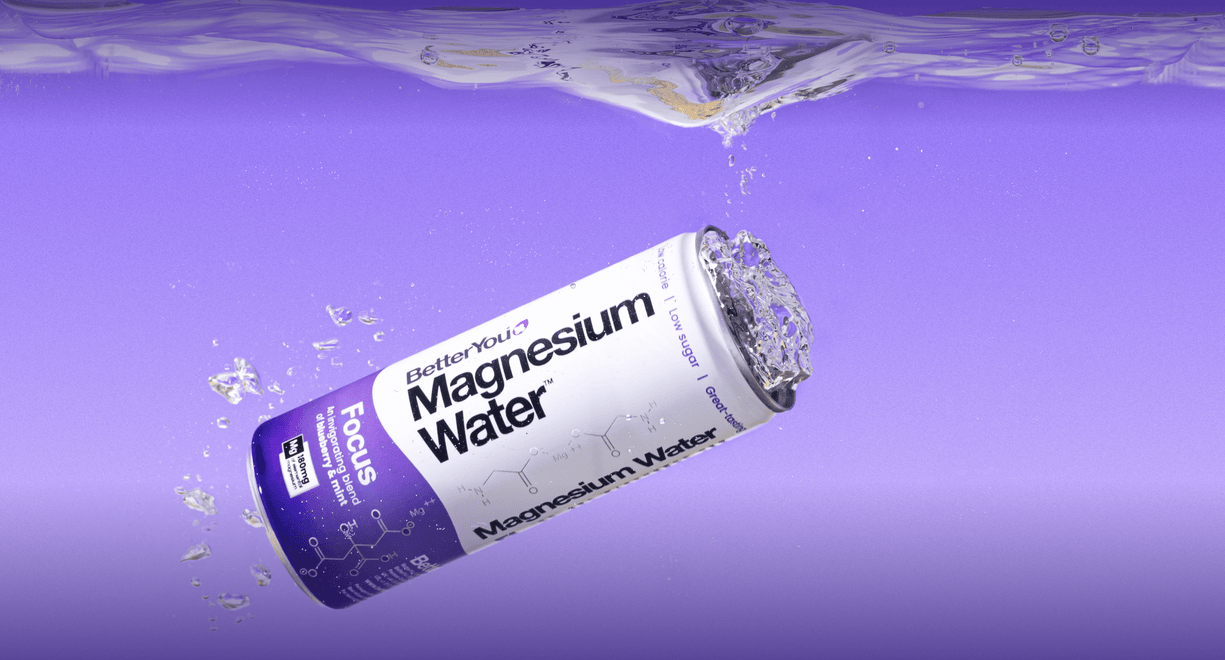As we approach a new year and a new decade, we asked a Futurologist how technology and lifestyle changes could impact our health in 2050.
Dr Ian Pearson, a futurologist and engineer with over 25-years in the industry, reports that in just over 30 years’ time we may lead even more indoor lives and home technology – such as smart toilets and smart mirrors - may be able to determine whether we are vitamin deficient.
The 2050 Home
Home comforts will take on a whole new meaning by 2050, with people having the ability to create virtual environments that look, sound, smell and taste just like the real thing. However, this will erode the differences between doing something for real outside and doing it virtually inside which – for many people – may mean more time spent indoors, away from natural sunlight.
Kitchens and bathrooms are likely to see the biggest change in the home over the decades, with smart toilets, smart scales and smart mirrors monitoring our health, offering status updates when used.
Smart toilets will run chemical analysis, while mirrors will run wide-spectrum image analysis and laser probing, to check skin condition and blood chemistry in great detail. This data, plus access to the user’s medical history, will mean that artificial intelligence (AI) could diagnose vitamin deficiencies.
The 2050 Work Place
According to Pearson, AI and robotics will evolve the future of the workplace, with the majority of humans being employed in a ‘care economy’.
Whilst this employment may involve life-size telepresence, face to face contact will be highly valued. This human contact, whilst positive, will involve more travel – most likely in driverless pods which are shielded from the elements, reducing time spent out in the sunshine.
Exercise & Leisure in 2050
Exercise will be largely technology based, with AR allowing people to place any exercise activity in personal environments. According to the futurologist, the days of playing sedentary computer games will be long gone and exercise will be ‘far more fun’.
Indoor gym equipment will add to the diagnostics capability already present in home bathrooms, increasing our ability to precisely control and monitor vitamin supplementation.
The report suggests that by 2050, most people will have tiny implants in their brains that link to the cloud for a wide range of benefits - from increased memory, telepathic communication and convincing virtual environments.
“Leading such indoor lifestyles could impact particularly on vitamin D production, which will likely be addressed one of two ways; either by taking more supplements or alternatively with spectrum available from enhanced LEDs”. - Dr Ian Pearson
Nutrition in 2050
Thanks to the convergence of IT, materials and biotech, ‘active skin’ will be used to control or monitor delivery of medications and supplements to the bloodstream. This technology will be incredibly useful for those with conditions such as diabetes, but could also be used for those diagnosed with deficiencies, as it will allow the monitoring of ‘perfect’ levels of vitamins.
“2050 diet will be different, too. We’ll certainly eat far less real meat. Tissue culturing in factories could make actual meat, but plant-based food processing will also make a wide range of vegan alternatives.”
“Biotech convergence with IT is already beginning today, and by 2050 there will be a growing nutraceuticals market, straddling the line between nutrition and medication to make personalised supplements and food products to work best with their personal DNA and epigenetics.” - Dr Ian Pearson
Cities in 2050
When it comes to our cities, AR will be commonplace; with the majority of trains, buses and travel pods utilising the technology to provide a more interesting view for passengers - such as beautiful valleys or beaches instead of concrete. AR will also stimulate a lot of virtual architecture, with buildings and streets taking on any appearance according to viewer taste.
“2050 lifestyles for many people will be more indoors. They will likely need more supplements to make up for changes in both diet and reduced exposure to sunlight and nature generally.” - Dr Ian Pearson
